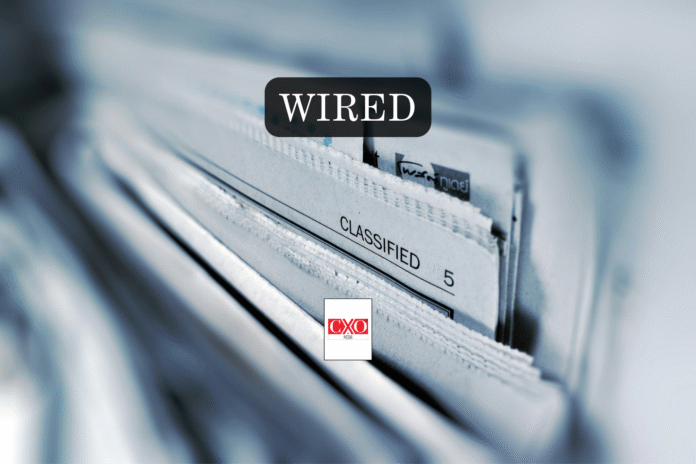
Saleem Rafik has been working at NADRA Technologies Limited since 2007 and he spoke to us while attending the first Executive Session of CSO Central in Islamabad. Since NADRA is the national database center for the country, data theft and security remain its biggest concerns. Considering the sensitivity of the task of keeping large volumes of data secure, Saleem Rafik talks about the initiatives they have taken, the awareness they have created within the organization, and how this has matured to ensure no security breaches occur.
How does NADRA manage to keep its data secure? And how have you, in particular managed to do so?
There are a number of areas – as the technology is growing and techniques are changing, where people are trying to access various databases or various networks. We have several layers of data security and security access. Even in the access, we have a number of areas that secureus on the user side.
As for myself, I believe, for organizations to secure themselves, awareness and training is the key. The second thing we did was the policies. We spent a lot of effort on developing the policies that go in line with our strategies. And in that respect, the policies were spread out across the organization, and again this goes through a training program and enforcements from the management. We are quite confident in terms of what our environment is and how we maintain new techniques and technologies to ensure our networks/data/systems are secured.
The third thing is our strict monitoring system. We have a whole team dedicated to information security and they do different kinds of monitoring from simple logon, to passwords, monitoring who has access and who is allowed to do what. There are basically these three areas within NADRA.
How does NADRA update itself to align with current trends or even with the environment around it?
We are constantly evolving. NADRA is one organization that has realized that being agile and innovative is the only way we can survive, and keep ahead of the game. There are a number of areas that we have initiated. Our recent initiative is the smartcard to secure to the identity of the citizen. It has over 36 security features. It has a chip, which itself has 17 features. These are some of the very advanced features that none of the smartcards in the world possess. We have done a lot of work on how we can be secure.
The other thing that we have opened up is that we now allow cards to be made for infants as well. So, now we can ensure the identity of a child is not stolen. This is another thing that will allow the government and organizations to know and control various diseases and epidemics that may occur and in that respect, this initiative by NADRA is very innovative. Moreover, through smartcard, the government can also get involved in, or better execute programs that are beneficial for the citizens. The examples are social inclusion and financial inclusion programs.
We also allow students to get these smartcards. There are smartcards for pensioners as well. Now, the entire lifespan of an individual can be serviced through smartcards. This is something NADRA has done to elevate the individual services, which could not be executed earlier.
Tell us more about the smartcard? Why should anyone get it?
Smartcard has several benefits and we are planning various facilities for the citizens. The card itself is secure as it cannot be copied or duplicated. There are various applications that can be implemented on the card. Right now, anyone who gets a smartcard is insured for two years. We are talking to banks so it can be used in their environment, wherever the card-reader can be read. There are several applications like ticketing, loyalty programs and other such programs that can be built-in. Again; we are in talks with several relevant organizations. Soon, you will see more facilities coming on the smartcard.
Furthermore, the smartcard has been designed with the standards of International Civil Aviation Organization (ICAO).So, in future, when the systems are available and when the global environment is there, we will be able to better utilize the smartcard. The other thing associated with this is that we will be bringing in new systems that will allow fast track in the airport; people will just dip in their cards and walk through. It will help in the aviation and visa processes. Similarly, the embassies in various countries will allow people with smartcards easy visa facilities. It will all be in the chip so no one will be able to fake out visas and related stuff.
How has the public responded to your ‘smartcard innovation’?
Right now, without even marketing it formally, we have ordered 2 million smartcards and we are going through the process. It is also a matter of cost and it’s slightly costlier than the regular CNIC. We don’t want to burden the citizens by enforcing this card, especially common citizens who cannot afford it.As the volumes go up, the price will come down and I think that would be the right time to introduce it on a large scale.
So, any further benefits the smartcard provides?
Smartcard costs Rs. 1,500 but includes two years accidental insurance of 100 thousand rupees, which is a very good deal. Eventually, there will be more facilities coming in. Besides, it’s completely secure. Nobody else would be able to use your card or make its photocopies as people do now and use these copies in different or criminal ways.
Would you like to add anything else?
CSO Central Executive Session is a great event because we need to get more aware of the environment and the evolution on the security aspects. I believe the more we work on awareness, the better it will be and so far that’s a weak link.





